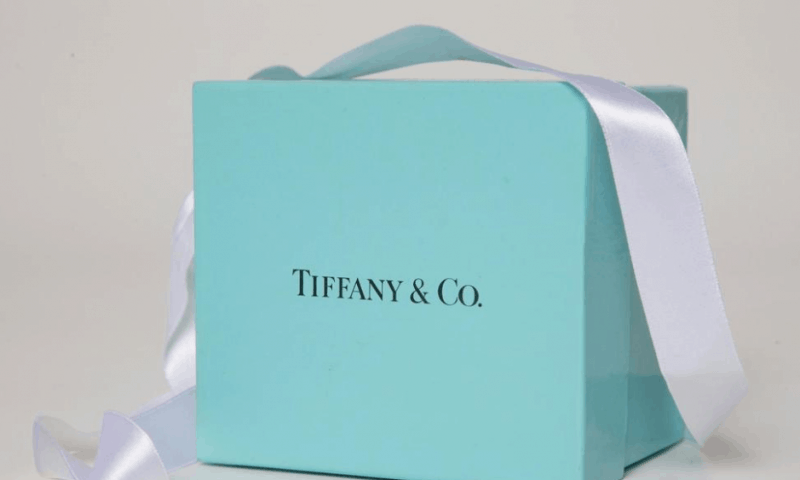Tiffany’s second quarter sales fall amid persistent slump in spending by tourists.
NEW YORK — Tiffany & Co.’s second quarter profits and sales fell as the jewelry chain grappled with continued weak spending by international tourists.
However, the company stuck with its full-year forecast despite amid so much uncertainty.
Tiffany said earlier this year that holiday sales were hurt by a drop in spending by Chinese tourists and other international visitors, and that trend has continued through the first half.
The strong dollar has made jewelry from Tiffany even more expensive for international tourists. The intensifying the trade war between the U.S. and China has also been a strain on business. And the quarter was also hurt by street protests in Hong Kong, its fourth-largest market.
“As with the first quarter, we are encouraged in the second quarter by sales growth attributed to our local customer base globally, which was again led by double digit growth in mainland China,” Alessandro Bogliolo, Tiffany’s CEO, said in a statement.
Bogliolo noted that in spite of the headwinds, it is focusing on what it can control, such as accelerating product introductions and keeping a “visible profile.”
Tiffany reported fiscal second quarter profit of $136.3 million, or $1.12 per share, in the three months ended July 31. That compares with $144.7 million, or $1.17 per share, in the year-ago period.
The results beat Wall Street expectations. The average estimate of 10 analysts surveyed by Zacks Investment Research was for earnings of $1.05 per share.
The luxury jeweler posted revenue of $1.05 billion in the period, down from $1.08 billion. That fell short of the average forecast of $1.07 billion.
In the Americas, total sales decreased 4% to $455 million while comparable sales — or sales in stores open at least a year, a key metric of a retailer’s health — decreased 4%. Sales fell across most of the region, and Tiffany attributed that drop to lower spending by foreign tourists and, to a lesser extent, local customers.
In Asia-Pacific, total sales decreased 1% to $298 million, with comparable sales down 3%, reflecting the opening of new stores and increased wholesale sales. Tiffany blamed the decline on the impact of foreign currency translation.
During an interview with The Associated Press on Wednesday, Bogliolo noted that the increasing tensions between the U.S. and China haven’t hurt Chinese customers’ appetite for Tiffany products so far.
In fact, sales in mainland China continue to be strong, he said. To maintain its momentum, the company is either opening or upgrading its flagship stores in three key metropolitan areas: Beijing, Shanghai and Hong Kong. It’s also expanding its airport duty-free store networks. During the current quarter, it plans to open its first Tiffany store in a duty-free zone in mainland China at the Beijing Airport with a partner. Next month, it plans to relocate and upgrade its directly-owned store at the Hong Kong airport.
Tiffany also plans Blue Box Cafes in both the new Hong Kong location as well as the ninth Shanghai flagship at Hong Kong Plaza. The openings mark the first permanent Blue Box Cafes in Tiffany stores outside of New York, and just as in New York, it expects the cafes will generate substantial customer attention and store traffic.
It’s also going after the Chinese online shopper. Tiffany launched a China e-commerce site earlier this month, its 14th e-commerce enabled website globally.
On Sept. 23 in Shanghai, it will inaugurate its largest-ever brand exhibition celebrating its over 180-year history and heritage in a unique experiential setting, the company said.
In Hong Kong, where it has 10 stores, it lost nearly six full selling days due to unplanned store closures, Tiffany said.
In Japan, total net sales of $155 million were unchanged in the second quarter. Comparable sales slipped 1%.
Europe saw total net sales fall 4%, and comparable sales slid 6%.
For fiscal 2019, Tiffany still expects worldwide net sales to increase by a low-single-digit percentage over the prior year; and earnings per share to increase by a low-to-mid-single-digit percentage year over year.
Tiffany shares rose nearly 3%, or $2.32 to $84.99 in afternoon trading Wednesday.

